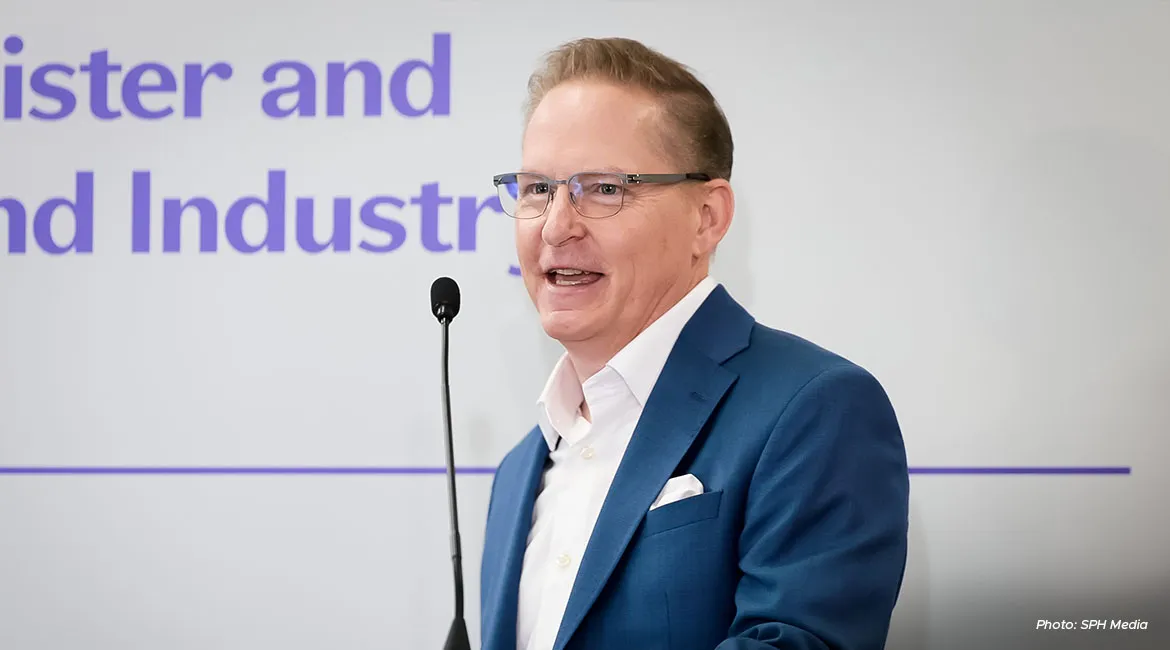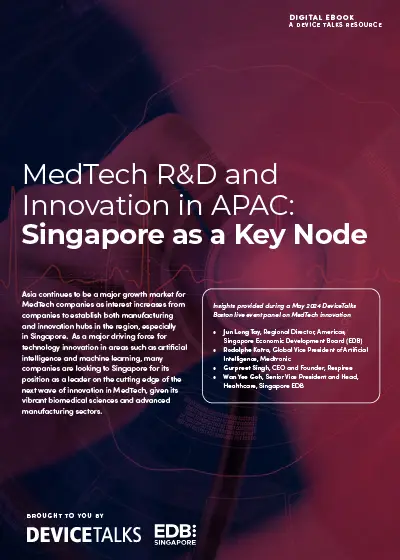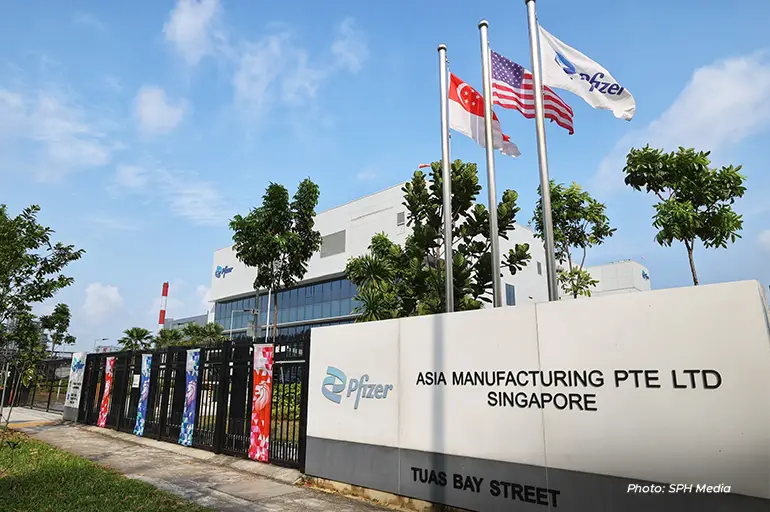Singapore is not a low-cost manufacturing base, but good infrastructure, respect for intellectual property, access to talent, and a government with a vision are what makes it the go-to destination for US pharma giant Pfizer.
“There are no short-term investments in the world of pharmaceuticals,” said Mr Mike McDermott, chief global supply officer and executive vice president of Pfizer.
He told The Straits Times in an interview: “Investments take a long time to come to fruition, and then we expect to be operating that for decades. It is not an in-and-out type scenario.
“So, we need governments, we need partners that are in it for the long run along with us... and Singapore fits within that perfectly.”
Mr McDermott was speaking on the sidelines of the 23 July opening ceremony of a new S$1 billion plant here, one of Pfizer’s most advanced manufacturing facilities among the company’s more than 30 sites spread across six continents.
The plant will produce active pharmaceutical ingredients (API) – the biologically active component of a drug – for Pfizer’s cancer, pain, and antibiotic medicine. The API produced here is then exported to Pfizer plants across the world that make injectable drugs or oral pills.









